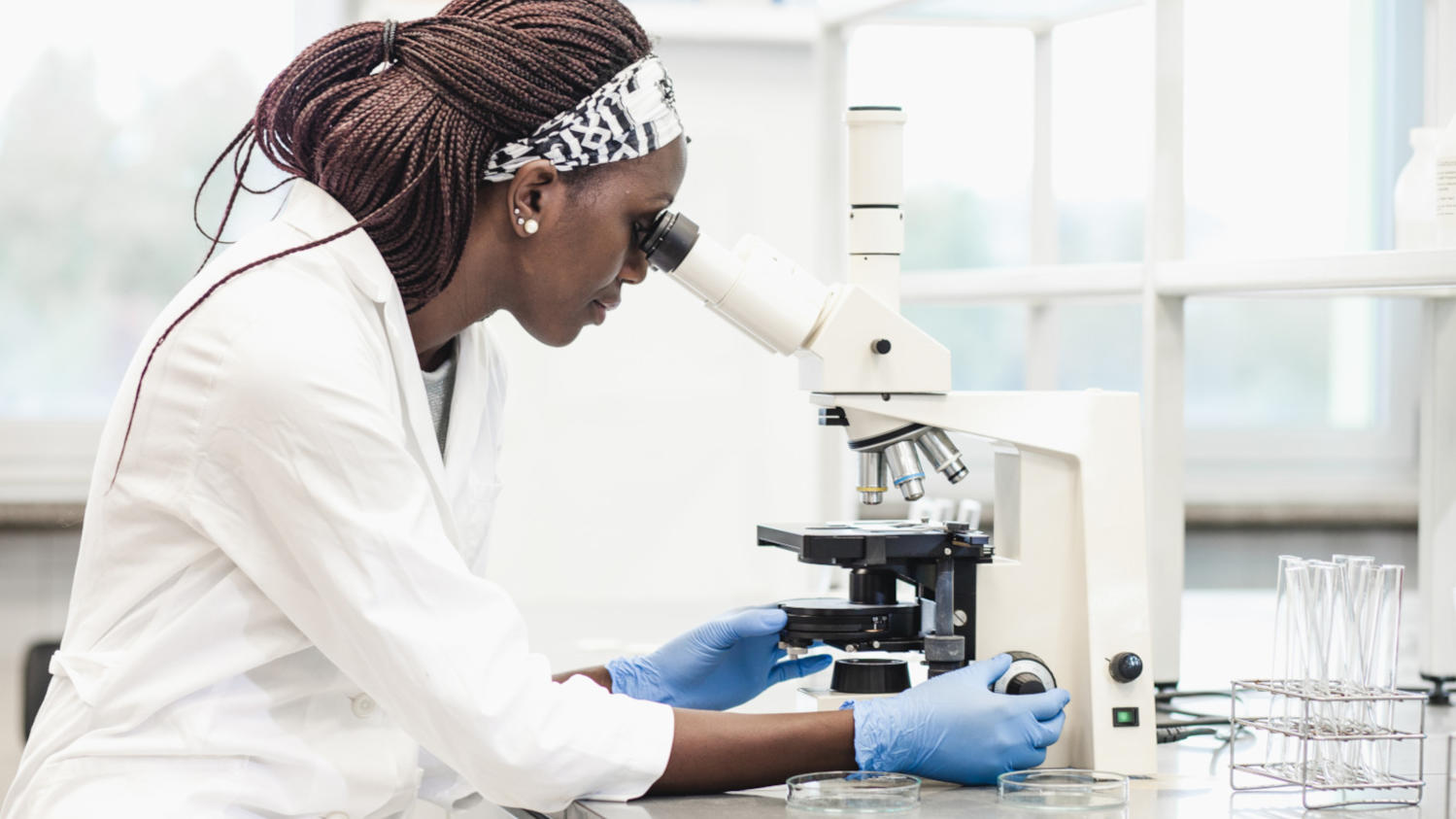Neste: Turning sustainable wastes and residues into a business opportunity

Neste is promoting circular bioeconomy by providing sustainable waste and residue based feedstock for the chemicals and polymers industry. The feedstock is suitable for use in any typical plastic application, including the ones covering building materials and construction. The company currently supplies the market with its bio-based feedstock from its current production facilities while it develops Chemical Recycling technologies and capacity together with several value chain partners. Neste aims to enable reduction of the use of virgin fossil resources in the production of polymers and chemicals by offering more sustainable high-quality, drop-in alternatives: hydrocarbons based on bio-based wastes and residues as well as plastic waste. In 2019, Neste used 2.9 Mtons of sustainably sourced bio-based feedstocks in its production, and the corresponding volumes of the bio-based fuels and materials helped their users to reduce greenhouse gas emissions by 9.6 Mtons, equaling the carbon footprint of 1.5 million average EU citizens. From 2030 onwards, Neste’s target is to process annually over 1 million tons of plastic waste into raw materials for new plastics to help further reduce the use of fossil resources in the production of plastics and chemicals. Key focus is on creating a valuable use for plastic waste that is otherwise destined to landfill or incineration, as it has low or no value in mechanical recycling, due to e.g. challenging material combinations, complex structures, or use of adhesives, inks or additives. Chemical Recycling complements mechanical recycling and accelerates the shift to a circular plastics economy.
Company in brief
Neste creates solutions for combating climate change and accelerating a shift to a circular economy. It refines waste, residues and innovative raw materials into renewable fuels and sustainable feedstock for plastics and materials. Neste is the world’s leading producer of renewable diesel and sustainable aviation fuel, developing chemical recycling to combat the plastic waste challenge. Neste aims at helping customers to reduce greenhouse gas emissions by at least 20 million tons annually by 2030. Neste has been consistently included in the DJSI and the Global 100 list of the world’s most sustainable companies. In 2019, Neste's revenue stood at EUR 15.8 billion, 82% of comparable operating profit coming from renewables.
Background
While plastics consumption is expected to continue to increase, there is an urgent need to develop solutions to curb the increasing climate emissions while simultaneously tackling the global plastic waste challenge. Neste believes that accelerating the shift to a circular plastic economy provides solutions to both.
Initiative
Neste has an ambition to create a world where plastics are produced without virgin fossil oil in order to reduce climate emissions related to increasing plastics consumption globally.
Neste’s plastic feedstock products consisting of both renewable and recycled content, helps replace fossil oil based feedstock in plastics production. Its use can significantly reduce the carbon footprint of the end products.
Neste’s feedstock, particularly renewable hydrocarbons and renewable propane, has already been used in the commercial scale production of renewable polymers and chemicals. Several brands have benefited from these volumes and developed climate-friendlier products.
Sustainability criteria
As an example, a recent study by researchers from Utrecht University confirmed clear environmental benefits from switching fossil oil based polypropylene to renewable polypropylene produced from Neste’s renewable hydrocarbons. This environmental life cycle analysis study of polypropylene (PP) from renewable feedstock examined environmental impacts resulting from replacing part of fossil feedstock in polymers production with Neste-produced 100% renewable hydrocarbons, produced from used cooking oil (UCO), and processing the polymers further into a plastic cup.
Researchers examined 16 environmental impact categories and confirmed environmental benefits in all categories. Particularly significant reductions were found in climate change impacts (40-62% reduction, variation resulting from changes in allocation methods) and fossil resources use (80-86%) when cradle to factory gate life cycle impacts of UCO-based PP were compared to those of conventional petrochemical PP. The overall environmental footprint of the UCO-based PP was reduced by 34%.
Business case
Leveraging on its existing production assets and expertise in refining a variety of waste and residues into high-quality, high-performance renewable and circular products, nowadays also for the polymers and chemicals sectors, has enabled Neste to develop completely new business growth. Developing a sustainable product offering for the polymers and chemicals sectors is also enabling Neste to live up to its purpose of “creating a healthier planet for our children” by enabling more and more companies to replace their fossil resources with renewable and recycled alternatives, and by doing so, helping them reduce their environmental and climate footprint.
Next Steps
Neste’s aim is to become a global leader in renewable and circular solutions. To achieve this, Neste is committed to:
- Increasing its renewables production capacity from the current 3.2 Mt to 4.5 Mt in early 2023.
- Becoming a solution provider for chemical recycling and developing capacity to process annually over 1 Mt of plastic waste from 2030 onwards.
- Reducing customers’ greenhouse gas emissions every year by at least 20 million tons CO2 equivalent by 2030.
- Reaching carbon neutral production by 2035.
- Expanding our unique global waste and residue feedstock platform.
